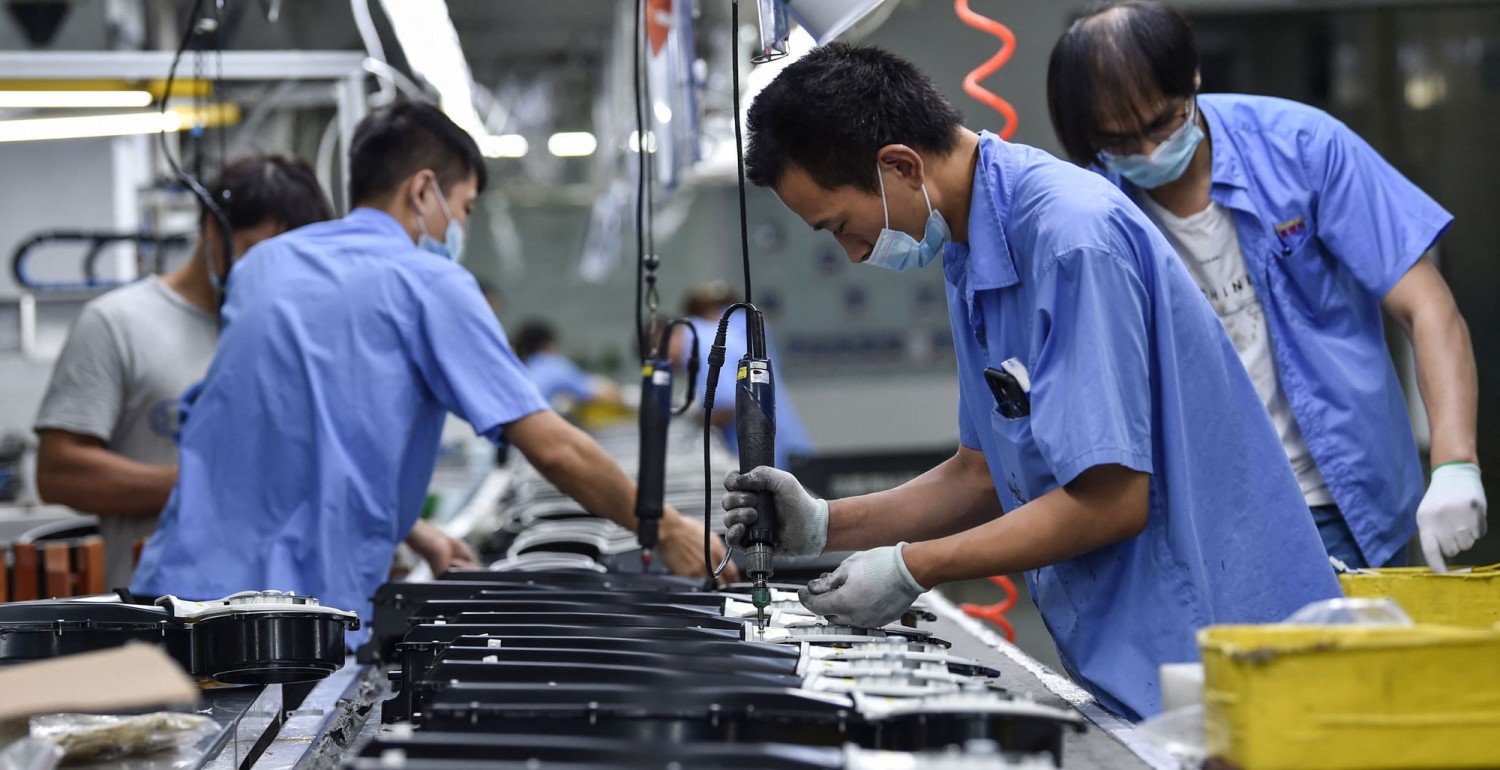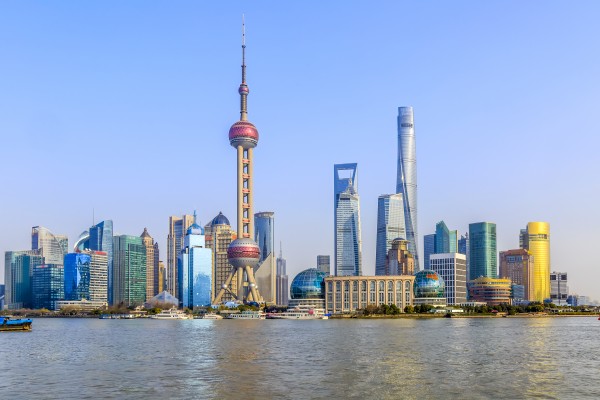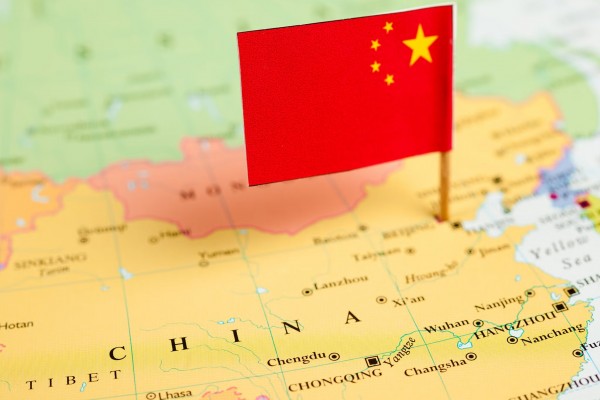The CPC Central Committee and the State Council jointly issued 31 measures to support the development and strengthening of the private sector of the economy.
This is not the first time Chinese authorities have announced support for business, but now for the first time private companies have been named "fresh forces for promoting Chinese modernization," underscoring their strategic importance for economic growth.
A common requirement is to ensure equal access to factors of production, fair participation in market competition and equal legislative protection for enterprises of all forms of ownership.
Separately, there is a need to implement competition law: to treat all companies equally, to strengthen anti-monopoly law enforcement aimed at curbing abuse of dominant position, not to force cooperation with selected suppliers of goods and services, to regularly publish "negative" lists of market interference actions, to fight local protectionism, market sharing, forced transactions, etc., and to ensure that all companies are treated equally.
Other measures concern the formation of a favorable environment for private business development, strengthening legislative support, professional training of entrepreneurs, and development of corporate culture. An entire section is devoted to increasing support and respect for private business in society: a call to encourage innovation, tolerance for possible failures, understanding of mistakes, and offering assistance as much as possible. One measure is to support the participation of prominent business representatives in legislative and deliberative bodies at all levels. It is noted that the All-China Association of Industry and Commerce is also an important channel for businessmen to participate in politics. At the same time, back in March, the opposite news - the reduction in the representation of digital giants — was widely publicized.
The previous top legislative body (the National People's Congress) included at least ten representatives of the top management of Internet giants, including the CEO of Baidu, the CEO of Tencent, the CEO of Netease, the Chairmen of Xiaomi and Lenovo, and others. This year, only four remain in the new lineup: anti-virus Qihoo 360 Founder Zhou Hongyi, Xiaomi Chairman Lei Jun, iFlytek Chairman Liu Qingfeng and classifieds 58.com CEO Michael Yao. According to Southern Metropolis analytics, the 2023 National People's Congress did not include any CEOs of the top 10 largest companies, according to China Internet Association 2022.
The paper also supports the platform economy and the positive role of platforms in stimulating employment and consumption. For example, according to CyanHill Capital, Internet companies provide at least 200 million jobs amid increased unemployment. In response, Tencent CEO Pony Ma was the first to publish an article, where without directly mentioning Tencent, but as if on behalf of all platform companies to intensify the implementation of the proposed strategy, acting as a "connector", "tool" and "helper". Following him, other heads of major companies, including Pinduoduo, Xiaomi, Wahaha Group and others, expressed their support for the announced measures and their desire to develop the private sector and help SMEs.




